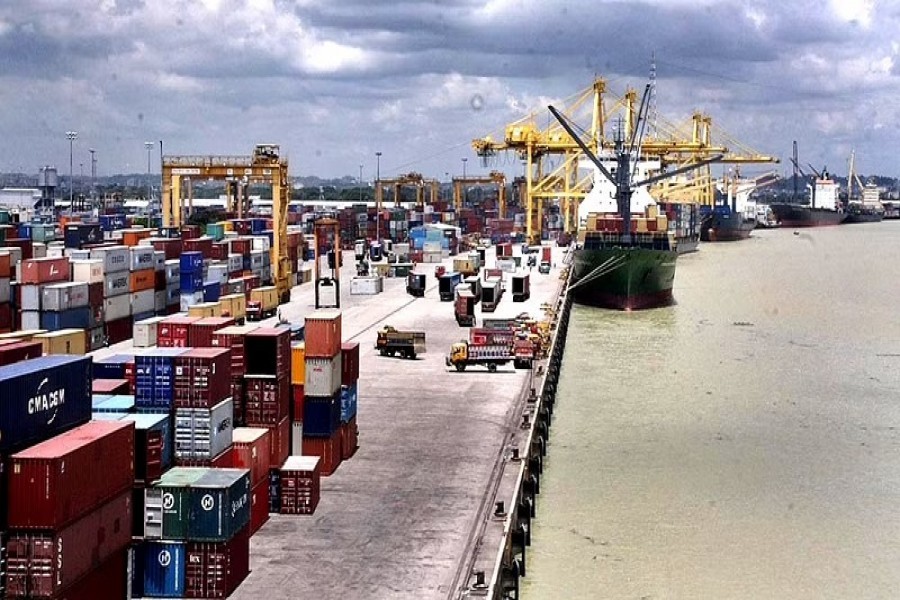Speakers at a workshop have underscored the need for a competitive and rationalised tariff structure for the post-LDC period.
They made the observation at a workshop on ‘Competitive tariff structure: post-LDC graduation context’ organised by the Dhaka Chamber of Commerce and Industry (DCCI) in Dhaka on Wednesday.
In his speech, DCCI President Rizwan Rahman said that after the LDC graduation, Bangladesh will have to pay 8.0 to 16.0 per cent duty to the countries where the country exports, reports BSS citing a press release.
"Moreover, we will not be able to impose any supplementary (SD) and regulatory duty (RD) to safeguard local industries which is going to be a challenge. At present, our average tariff structure is about 13.5 per cent which is higher than Vietnam, Taiwan and Malaysia.”
“We need to prepare ourselves in terms of enhancing productivity, cost minimisation, industry skill development, ease of doing business and cost of doing business," he added.
Joint Chief of the Bangladesh Tariff Commission Md Mashiul Alam presented the keynote paper.
He highlighted that Bangladesh is a resilient country and last year, the country's export was US$50 billion.
"Even after LDC graduation, Bangladesh has the capacity to adopt the challenges. But from now we have to go for regional integration for PTA, FTA and CEPA with potential trading partners to hold the market access. It is true that our tariff line is not very competitive and is higher than many other countries, therefore we have no alternative but rationalise it. In that case, sectoral tariff policy for at least five years will be helpful for our exporters and importers," he added.
Member of the Bangladesh Trade and Tariff Commission Shis Haider Chowdhury said that both government and private sector should work jointly to make the tariff structure competitive.
He said, "Bangladesh will graduate from the LDC category in 2026 which is a good news for the country but recently we are going through a tough time due to Covid-led pandemic, Russia-Ukraine war, worldwide economic recession and natural disasters."
Previously we were reluctant about FTA but now the government is doing few studies to go for PTA and FTA, he added.
He said that Bangladesh's tax-to-GDP ratio is only 7.9 per cent which is not expected.
"After the graduation, we will have to go for tariff rationalisation at the same time we will have to concentrate on VAT and tax collection to balance revenue generation," he added.
Director-3 (Joint Secretary) of the WTO Cell of the Ministry of Commerce Farhana Iris said, "We have to increase our export in line with tariff rationalization. Still, we have a big gap between export and import and the balance of payment. The government is conducting a study to sign FTA with Bhutan, Nepal and Sri Lanka. But, maybe we will be able to continue subsidy in the agriculture sector till 2030."
DCCI Senior Vice President Arman Haque chaired the workshop where around 50 member companies of DCCI took part in the workshop.


